Filter by
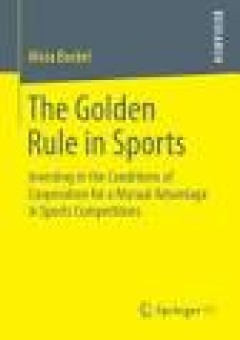
The Golden Rule in Sports
Elite level sport lends itself to a highly competitive environment that encourages players to seek a competitive advantage in order to win. Since competition is an inherent condition that is also considered desirable in this setting, it may at first glance seem as if cooperation does not have any room in elite level sports. Sustainable cooperation can be mutually advantageous for players, but i…
- Edition
- 1
- ISBN/ISSN
- 978-3-658-07028-1
- Collation
- XVI, 189, 17 b/w illustrations
- Series Title
- The Golden Rule in Sports
- Call Number
- -
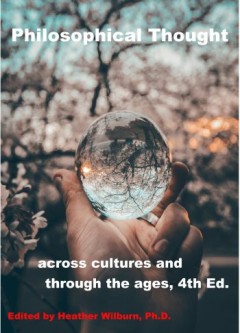
Philosophical Thought : Across Cultures and Through the Ages
Philosophical Thought: across cultures and through the ages, is an open-educational resource (OER) to be used as a collection of readings for introductory philosophy courses. The objectives for developing and sharing this open resource are three-fold: 1. to provide a collection of philosophical works that can be used as a foundation for faculty and students to use in undergraduate philosophy…
- Edition
- -
- ISBN/ISSN
- -
- Collation
- -
- Series Title
- -
- Call Number
- 100 WIL p
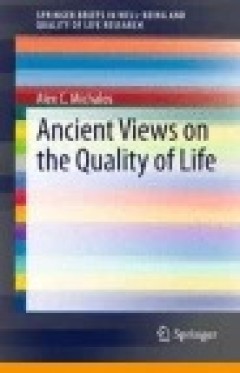
Ancient Views on the Quality of Life
This monograph describes the contributions to our current understanding of quality of life made by the most important ancient philosophers in the Western Tradition. It does so from the point of view of a contemporary researcher in quality of life or human well-being. Revisiting ancient texts from about 600 BCE to 300 BCE, the book explores the earliest ideas in recorded western philosophical an…
- Edition
- Ed. 1
- ISBN/ISSN
- 978-3-319-16525-7
- Collation
- XI, 91
- Series Title
- SpringerBriefs in Well-Being and Quality of Life Research
- Call Number
- 300 MIC a
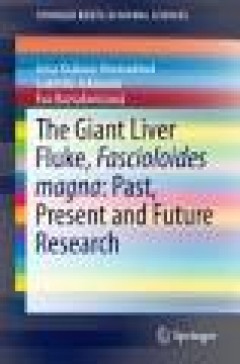
The Nature of the Doctor-Patient Relationship
This book serves to unite biomedical principles, which have been criticized as a model for solving moral dilemmas by inserting them and understanding them through the perspective of the phenomenon of health care relationship. Consequently, it attributes a possible unification of virtue-based and principle-based approaches.
- Edition
- 1
- ISBN/ISSN
- 978-94-007-4939-9
- Collation
- VI, 86, 1 b/w illustrations
- Series Title
- SpringerBriefs in Ethics
- Call Number
- -
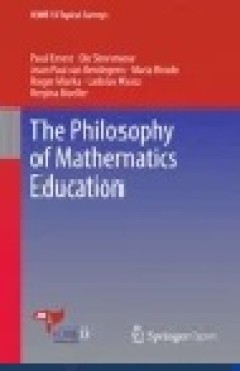
The Philosophy of Mathematics Education
This survey provides a brief and selective overview of research in the philosophy of mathematics education. It asks what makes up the philosophy of mathematics education, what it means, what questions it asks and answers, and what is its overall importance and use? It provides overviews of critical mathematics education, and the most relevant modern movements in the philosophy of mathematics. …
- Edition
- -
- ISBN/ISSN
- 978-3-319-40569-8
- Collation
- VII, 26
- Series Title
- ICME-13 Topical Surveys
- Call Number
- -

The Phenomenological Critique of Mathematisation and the Question of Responsi…
This edited collection discusses phenomenological critiques of formalism and their relevance to the problem of responsibility and the life-world. The book deals with themes of formalization of knowledge in connection to the life-world, the natural world, the history of science and our responsibility for both our epistemic claims and the world in which we live. Readers will discover critiques…
- Edition
- -
- ISBN/ISSN
- 978-3-319-09828-9
- Collation
- X, 223
- Series Title
- Contributions to Phenomenology
- Call Number
- -
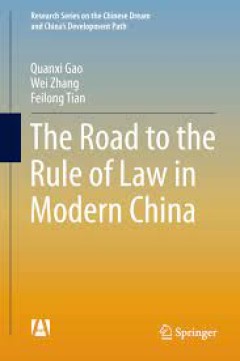
The Road to the Rule of Law in Modern China
This book is a grand review of the centurial development of rule of law in China. It covers the most important issues in this area and presents “political constitution,” a new interpretative framework that allows the Chinese experience of rule of law to be more fully and correctly expressed. It is especially useful to scholars involved in the study of modern China. The main chapters of this…
- Edition
- -
- ISBN/ISSN
- 978-3-662-45637-8
- Collation
- -
- Series Title
- -
- Call Number
- -
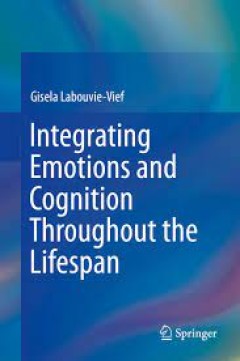
Integrating Emotions and Cognition Throughout the Lifespan
This book synthesizes the literature on emotional development and cognition across the lifespan. The book proposes a core language by which to describe positive and problematic developmental changes by recourse to a parsimonious set of core principles, such as elevations or declines in tension thresholds and their relation to the waxing and waning of the cognitive system over the life course. I…
- Edition
- -
- ISBN/ISSN
- 978-3-319-09822-7
- Collation
- -
- Series Title
- -
- Call Number
- -
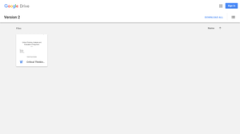
Critical Thinking : Analysis and Evaluation of Argument
It is our hope that the successful student who completes a class using all or some of this text will have improved skills with application inside the discipline of philosophy, but also with application to work in other disciplines within academia. Our ultimate goal, however, is to help people develop techniques which support curiosity, open-mindedness, and an ability to collaborate successfully…
- Edition
- -
- ISBN/ISSN
- -
- Collation
- -
- Series Title
- -
- Call Number
- 150 LOV c
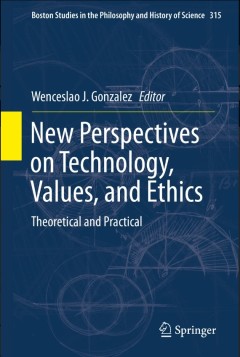
New Perspectives on Technology, Values, and Ethics
This book focuses on a key issue today: the role of values in technology, with special emphasis on ethical values. This topic involves the analysis of internal values in technology (as they affect objectives, processes, and outcomes) and the study of external values in technology (social, cultural, economic, ecological, etc.). These values — internal and external — are crucial to the decisi…
- Edition
- 1
- ISBN/ISSN
- 0068-0346
- Collation
- XIV, 219
- Series Title
- Boston Studies in the Philosophy and History of Science
- Call Number
- -
 Computer Science, Information & General Works
Computer Science, Information & General Works  Philosophy & Psychology
Philosophy & Psychology  Religion
Religion  Social Sciences
Social Sciences  Language
Language  Pure Science
Pure Science  Applied Sciences
Applied Sciences  Art & Recreation
Art & Recreation  Literature
Literature  History & Geography
History & Geography